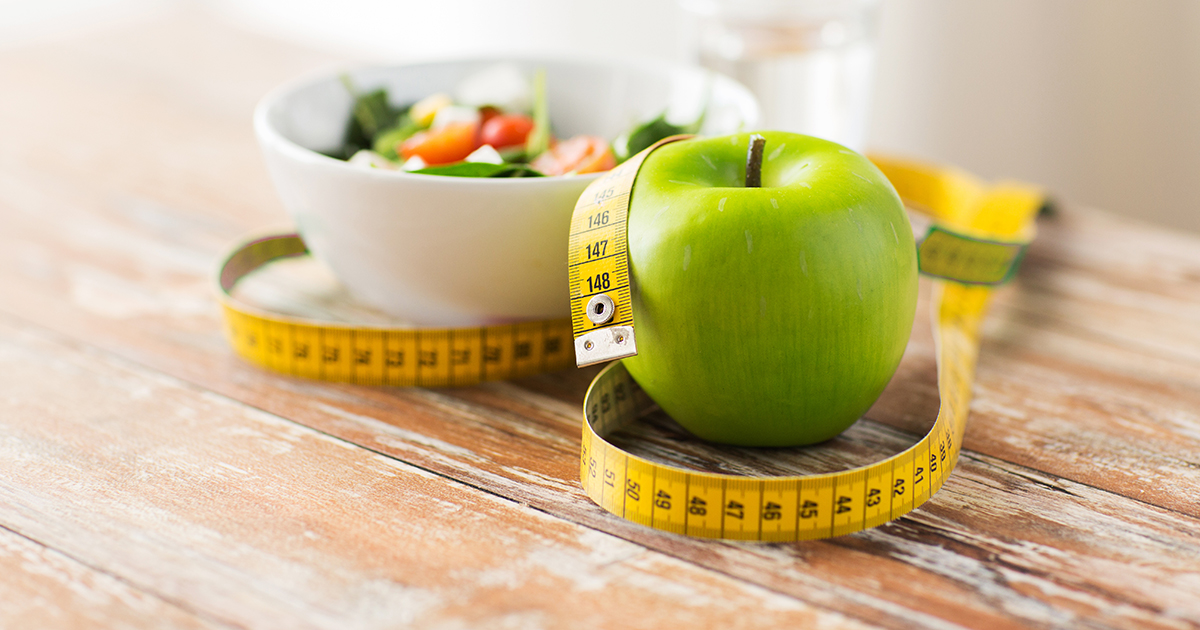What Is The Gout Diet?
Gout is a form of arthritis involving the buildup of a waste product in the blood called uric acid. The excess acid eventually crystallizes and settles in and around the joints and triggers pain, inflammation, and swelling. Uric acid is made by the body to aid digestion of foods containing a chemical called purine. Excess uric acid in the blood can be the result of genetics, diet, or the body's inability to remove the acid efficiently. Gout attacks can be triggered by some foods or drinks containing a moderate to high amount of purines. They can affect the toes, fingers, elbows, wrists, knees, ankles, or heels and can last for up to ten days. Common triggers of gout attacks include red meats, game meats, organ meats, seafood, sugary drinks, beer, and alcohol. Gout can be managed with diet, medications, and lifestyle adjustments. Get to know the gout diet now.
Goal Of The Gout Diet
The goal of the gout diet is to prevent or minimize the occurrence of gout attacks. One of the main ways this is achieved is the careful monitoring of what patients eat and drink on a daily basis. Gout patients usually have to make some lifestyle changes to gain control over their condition. This typically includes decreasing consumption or eliminating certain foods and drinks from their diet. Eating moderate portions of certain healthy foods is a good start to following the diet and developing good eating habits. The gout diet helps individuals achieve and maintain a healthy weight. Most foods containing moderate to high amounts of purine are not recommended for consumption. Some foods can control levels of uric acid, and these foods are included in the list of recommended foods.
Continue reading to examine the general principles of the gout diet next.
General Principles Of The Diet

The general principles of the gout diet are geared towards healthy eating and following recommendations for a nutritious diet that omits useless or detrimental foods and drinks. The recommendations are particularly beneficial to gout patients because of their dietary requirements and restrictions. Maintaining a healthy weight is very important to decrease the risk of developing gout and managing current instances of it. Losing weight lowers the risk of the condition and lessens stress on the joints. Studies have shown a decrease of gout attacks and lower uric acid levels in patients who reduce their caloric intake and lose weight, even without following a purine-restricted diet.
A healthy diet for gout patients includes lots of fruits, vegetables, and whole grains, which provide complex carbohydrates. Drinking sufficient quantities of water is vital to stay hydrated. Eating lean meats, poultry, and low-fat dairy products provide excellent sources of protein. Cutting back on foods like red meat, high-fat dairy products, and fatty poultry is necessary to decrease the consumption of saturated fats. Eliminating foods and drinks containing high-fructose corn syrup and drinking less of naturally sweet fruit juices are also beneficial.
Get to know the specific recommendations for the gout diet now.
